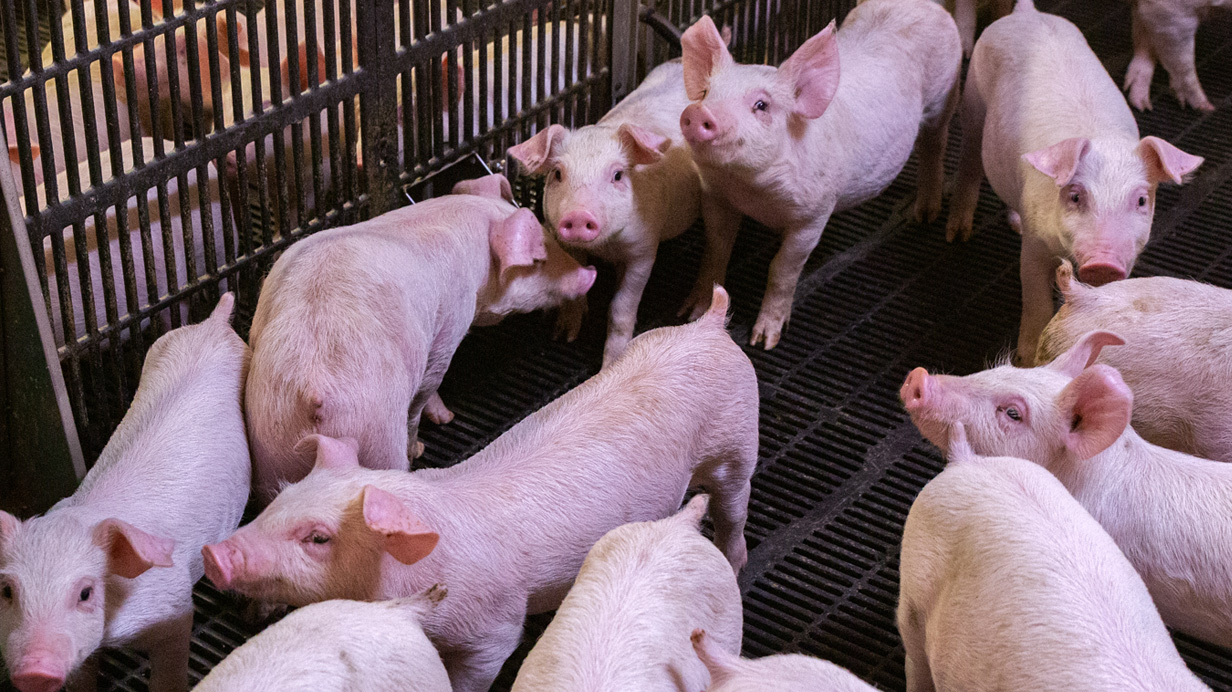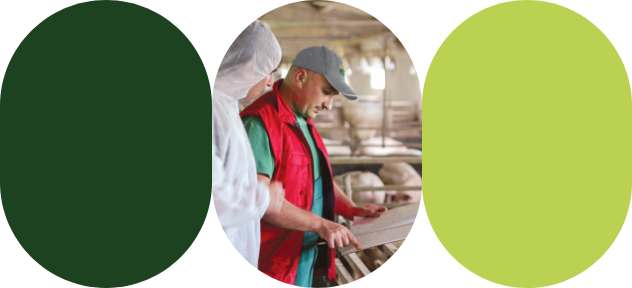Study on the use of alternatives to antibiotics in pork
An ongoing study on the use of alternatives to antibiotics in pork production could shed some light on potential solutions for pork producers.
For the last several years, Canadian farmers have been moving away from antibiotics in pork production. This is because antibiotic resistance represents a growing threat to global public health, and alternatives need to be examined.
Led by Dr. Sylvain Fournaise, Vice President, Food Safety and Technical Services for Olymel, the study seeks to demystify the impact of the pig microbiome on the quality, safety and shelf life of the pork products it produces.
More specifically, the study aims to:
Identify the bacteria found in the processing environment and on meat products
Measure the impact of different probiotics on pig intestinal health
Evaluate the health of pigs raised in environments with different health conditions
Researchers are using BioPlus 2B, a product distributed by DCL Nutrition, in the study.
“There is very little research on the microbiome and the impact of using alternatives to antibiotics in pork production,” explains Fournaise. “Food safety and public health are an absolute priority at Olymel. That’s why we are committed to doing everything in our power to understand and control the risks.”
Ensuring food safety
Pigs produced by Canadian farmers are already internationally renowned for their quality. The study also aims to maintain animal health and welfare, as well as farm production efficiency, without compromising food safety.
But questions remain: Is it possible to influence pigs’ gut flora in a positive way during growth to reduce the impact of harmful bacteria? Can we ease pressure on slaughterhouses and improve the microbiological quality of meat to continue delivering a product of the highest caliber?
The study may point toward new answers to these questions. To date, promising results have emerged, and the project still has time left in its five-year duration, set to end in 2023.
The innovative study has brought together Canada’s top experts in the field. In addition to Olymel (meat processing), these include scientists from Agriculture and Agri-Food Canada, Université Laval, Avantis Coopérative and Sollio Agriculture. The research is financed by Canadian Food Innovators.
Source: This article was originally published in French in the May–June 2021 issue of Coopérateur magazine.



